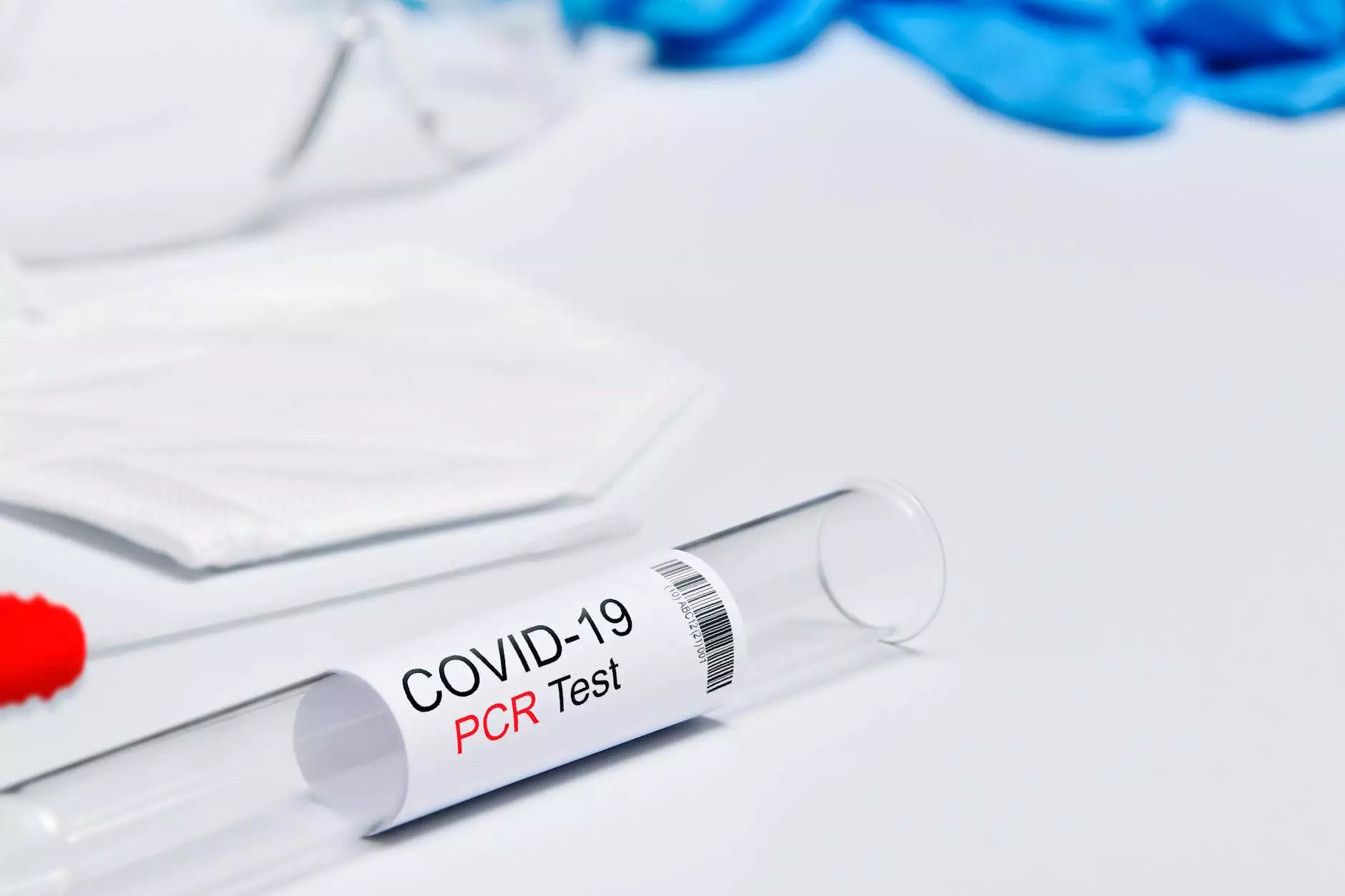Optimizing Business Efficiency with a Pharma CRM System

In today's rapidly evolving pharmaceutical landscape, the need for businesses to adapt and thrive is more crucial than ever. A pharma CRM system emerges as a game-changing tool for companies looking to enhance their operations, streamline processes, and foster stronger relationships with clients and stakeholders.
Understanding the Importance of a Pharma CRM System
The pharmaceutical industry faces unique challenges, including stringent regulations, complex distribution chains, and heightened competition. A pharma CRM system assists companies in navigating these hurdles by providing a comprehensive framework for managing customer relationships.
- Centralized Data Management: A pharma CRM allows businesses to store all customer-related information in one place, making it easily accessible to authorized personnel.
- Enhanced Customer Insights: By analyzing data trends, companies can gain valuable insights into customer preferences and behaviors.
- Streamlined Communication: Effective communication is essential in the pharmaceutical sector. A CRM facilitates seamless communication between sales teams and healthcare professionals.
How a Pharma CRM System Transforms Business Operations
1. Strengthening Customer Relationships
A primary function of a pharma CRM system is to build and maintain strong customer relationships. By utilizing customer data effectively, businesses can tailor their approaches to meet individual client needs.
With personalized interactions, clients feel valued and understood. This leads to increased loyalty and repeat business. In an industry where trust is paramount, having a robust CRM in place can significantly enhance a company's reputation.
2. Improving Sales Strategies
Sales teams in the pharmaceutical sector often face pressures such as high quotas and increasing competition. A pharma CRM system provides tools that can refine sales strategies and improve outcomes:
- Lead Management: Sales representatives can track leads through the sales funnel efficiently, ensuring timely follow-ups and reduced chances of lost leads.
- Sales Forecasting: By analyzing historical data, a CRM can help predict sales trends, allowing for better inventory management and resource allocation.
- Performance Analytics: Track and measure the performance of sales initiatives to identify what works and what doesn't, enabling continuous improvement.
3. Enhancing Regulatory Compliance
The pharmaceutical industry is one of the most regulated sectors globally. Compliance with regulations such as HIPAA in the U.S. is non-negotiable. A well-implemented pharma CRM system can assist in maintaining compliance:
- Data Security: Secure storage of sensitive customer information protects businesses from data breaches.
- Audit Trails: Tracking changes made in the CRM provides transparency and can be essential during audits.
- Regulatory Updates: Some CRM systems include features that alert businesses to changes in regulations relevant to their operations.
Choosing the Right Pharma CRM System
Selecting a pharma CRM system isn't just about finding a software solution—it's about finding the right fit for your organization. Here are key factors to consider when making your choice:
1. Industry-Specific Features
Look for CRM systems that offer functionalities explicitly designed for the pharmaceutical sector, such as:
- Prescription tracking
- Key opinion leader (KOL) management
- Sample management and distribution tracking
2. User-Friendliness
The best systems are intuitive and easy to navigate. If your team struggles to use the CRM, its effectiveness diminishes.
3. Integration Capabilities
Your selected CRM should integrate smoothly with other business systems, such as ERPs and marketing platforms, to enhance communication and data flow across departments.
Implementation and Best Practices
1. Strategic Planning
Before launching your pharma CRM system, develop a clear implementation strategy. Identify goals, set timelines, and allocate resources effectively.
2. Staff Training
Your workforce should be well-versed in using the new system. Conduct comprehensive training sessions to ensure everyone is comfortable and able to leverage the CRM’s capabilities.
3. Continuous Monitoring and Improvement
After implementation, keep an eye on how the CRM affects operations. Collect feedback from users and make adjustments as necessary to maintain efficiency and relevance.
Benefits of a Well-Functioning Pharma CRM System
Investing in a pharma CRM system offers numerous long-term advantages, including:
- Increased Sales: Enhanced customer relationship management and optimized sales processes lead to increased sales figures over time.
- Better Customer Retention: Personalized service fosters loyalty, reducing churn rates.
- Cost Efficiency: Automating manual processes cuts down time and reduces operational costs.
- Data-Driven Decision Making: Enhanced analytics provide insights to drive strategic business decisions.
The Future of Pharma CRM Systems
As technology continues to evolve, so does the potential of pharma CRM systems. Future trends may include:
1. Artificial Intelligence Integration
AI can automate routine tasks and offer predictive insights, empowering sales teams to work smarter.
2. Enhanced Mobile Functionality
With the rise of remote work, mobile CRM solutions will enable teams to operate efficiently from anywhere, anytime.
3. Greater Personalization
Data analytics will allow for more refined personalization, tailoring marketing and sales efforts to specific client needs.
Conclusion
Implementing a pharma CRM system standing at the forefront of technological advancements can significantly enhance business efficiency, customer satisfaction, and overall profitability. As the pharmaceutical industry becomes increasingly complex, having an effective CRM solution is no longer just a competitive advantage; it is essential for survival and growth.
For further insights on navigating the pharmaceutical landscape and optimizing your operations with powerful technology solutions, consider reaching out to industry leaders like Veribase, specialists in web design and CRM implementations tailored for the pharmaceutical sector.









